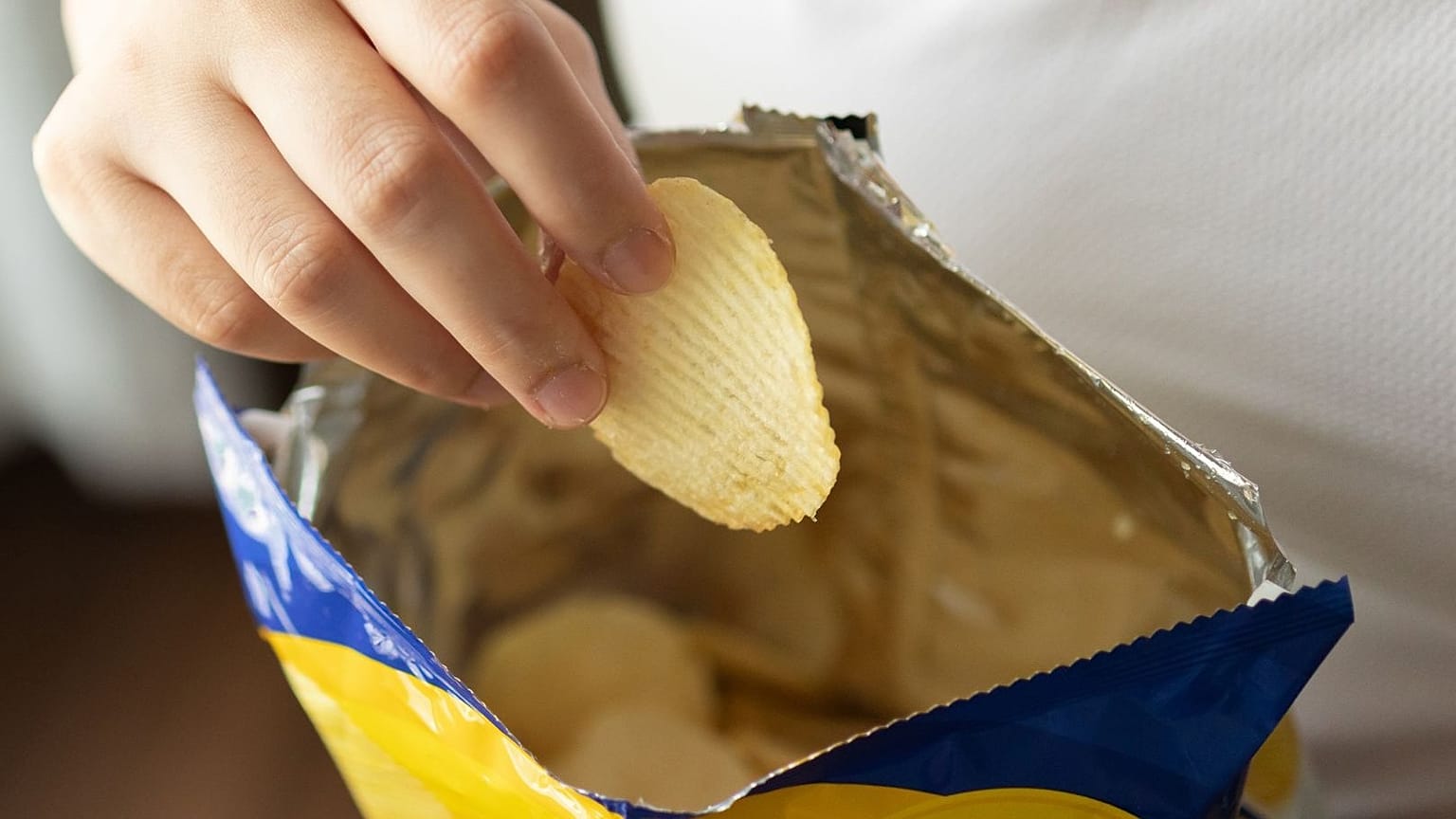Women who ate the most ultra-processed foods had a higher risk of developing polyps that can lead to cancer compared with women who ate the least.
Scientists have pinpointed a potential driver of the global rise in colon and rectal cancers among young people: ultra-processed foods.
 ADVERTISEMENT
ADVERTISEMENT
 ADVERTISEMENT
ADVERTISEMENT
Ultra-processed foods – ready-to-eat foods such as packaged snacks, mass-produced breads, sweetened breakfast cereals, instant noodles, and frozen pizzas – have made up a growing share of our diets in recent decades.
There has been a parallel increase in colorectal cancers, once thought of as diseases of old age, that are diagnosed before the age of 50. These patients tend to be diagnosed at a later stage and have worse survival outcomes, prompting researchers to take a closer look at how our changing diets may affect our health.
For the latest study, researchers analysed the diets and endoscopy results of more than 29,000 women in the United States. They had access to more than two decades of health data, allowing them to track how these women fared over time.
Women who ate the most ultra-processed foods had a 45 per cent higher risk of developing adenomas – growths or polyps in the colon and rectum that can lead to cancer – than women who ate the least ultra-processed foods.
Most polyps are benign, but some will grow and develop into cancer, usually over several years.
“The increased risk seems to be fairly linear, meaning that the more ultra-processed foods you eat, the more potential that it could lead to colon polyps,” Dr Andrew Chan, one of the study’s authors and a gastroenterologist at the Mass General Brigham Cancer Institute in the US, said in a statement.
Chan said eating fewer ultra-processed foods – which are typically high in sugar, salt, saturated fat, and additives – could help to “mitigate the rising burden of early-onset colorectal cancer”.
Notably, there was no link between ultra-processed food intake and serrated lesions, another precursor to colorectal cancer.
The overall findings held even when the researchers took into account other risk factors for colorectal cancer, including obesity and low fibre intake.
The study, which was published in the journal JAMA Oncology, does not prove that ultra-processed foods cause cancer. But it offers some clues on how diet could affect health risks.
The researchers are still exploring other, non-dietary factors that could help explain the rise in early-onset colorectal cancer. They also want to know whether some ultra-processed foods might be more harmful than others, given the category includes a wide variety of foods.
In the study, most ultra-processed food intake among women in the study was from ultra-processed breads and breakfast foods, sauces, spreads, condiments, and sugar-sweetened or artificially sweetened beverages such as sodas.
“Diet isn't a complete explanation for why we're seeing this trend – we see many individuals in our clinic with early onset colon cancer who eat very healthy diets,” Chan said.

















